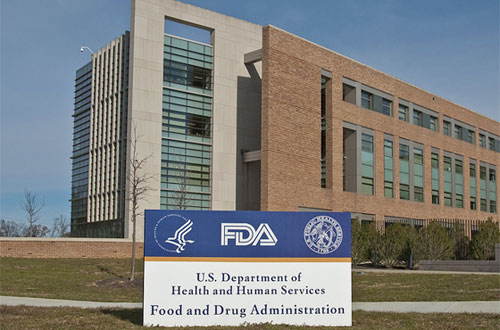
Johnson & Johnson became the second company to win FDA approval for a breakthrough medicine yesterday after the agency gave its backing to mantle cell lymphoma (MCL) treatment Imbruvica.
Imbruvica (ibrutinib) – which will be co-marketed in the US by originator Pharmacyclics – has been approved as a second-line treatment for patients with MCL after initial therapy such as Millennium’s Velcade (bortezomib) or Celgene’s Revlimid (lenalidomide).
MCL is a rare form of non-Hodgkin’s lymphoma (NHL) and accounts for around 6 per cent of all cases of the cancer, but is particularly aggressive. The FDA notes that by the time most patients are diagnosed the malignancy has already spread to the lymph nodes, bone marrow and other organs.
Approval was based on a phase II study involving 111 MCL patients who were given Imbruvica daily until their disease progressed or side effects became intolerable. The results showed nearly 66 per cent of participants achieved an overall response rate (ORR), although as yet an increase in survival or effects on disease-related symptoms have not been established.
Ibrutinib is a Bruton’s tyrosine kinase (BTK) inhibitor licensed by J&J from Pharmacyclics in a deal approach $1bn in 2011, and has also been submitted for approval as a second-line therapy for patients with chronic lymphocytic leukaemia (CLL) and small lymphocytic lymphoma (SLL), with the FDA due to deliver a verdict on that indication by February 2014.
The two companies said they would immediately launch Imbruvica for MCL at a cost of around $130,000 per year, catapulting it up amongst the most expensive cancer drugs on the market and adding to concerns that the new generation of cancer treatments may place huge financial stress on healthcare systems.
Predictions for its sales potential vary, but a number of analysts suggest $500m-$1bn in sales is feasible if the drug is also approved in other cancers, with some suggesting it may have the potential to reach several billion dollars a year.
The drug is also being tested in other B cell malignancies and solid tumours and has been given breakthrough status by the FDA for another type of NHL called Waldenstrom’s macroglobulinemia (WM).




